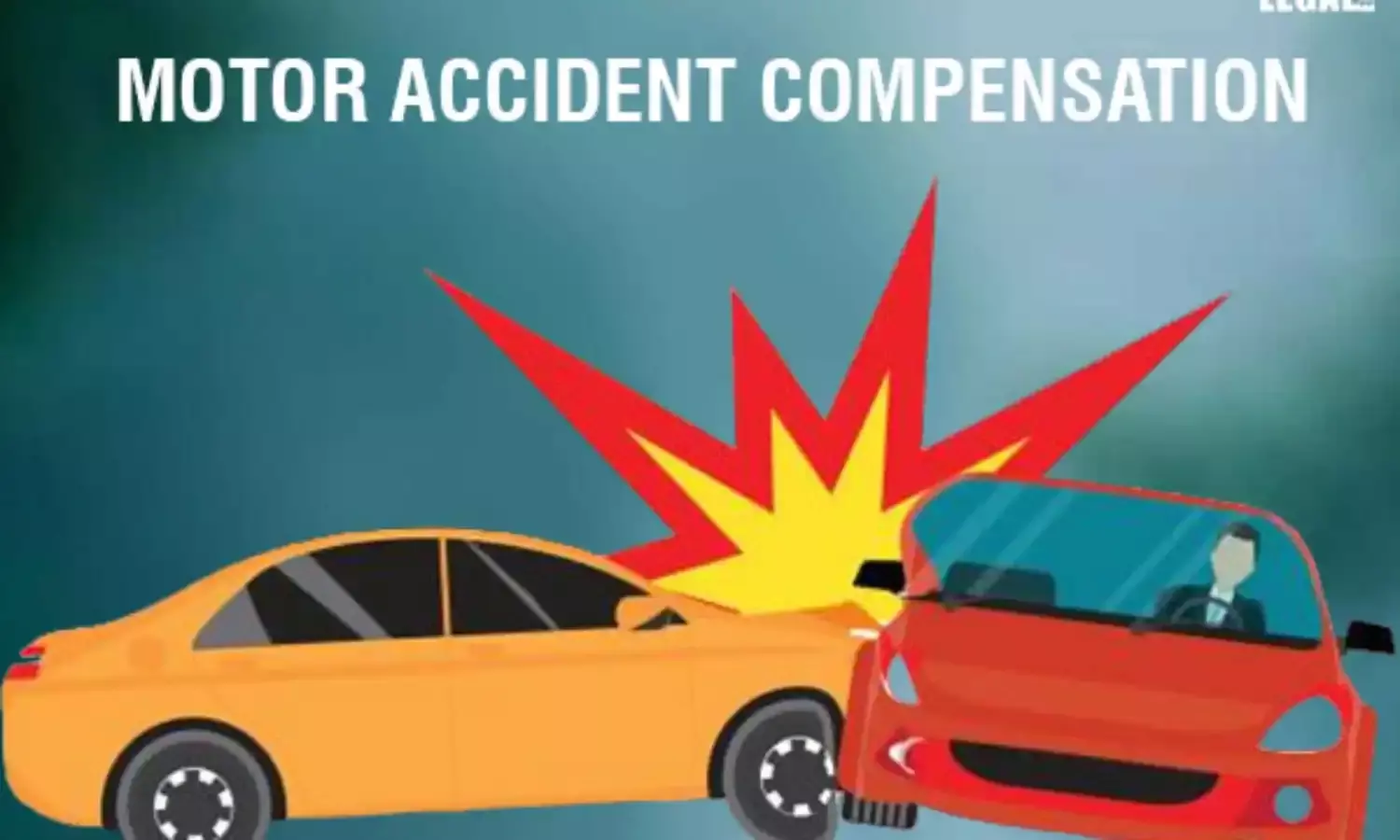Supreme Court: Physical Disability from an Accident Must Be Evaluated for Assessment of Compensation Under Motor Accident Claim
The Supreme Court has observed that in cases of motor accident claims, any physical disability resulting from an accident;

Supreme Court: Physical Disability from an Accident Must Be Evaluated for Assessment of Compensation Under Motor Accident Claim
The Supreme Court has observed that in cases of motor accident claims, any physical disability resulting from an accident must be judged with reference to the nature of the work being performed by the person who suffered disability for the purpose of assessment of compensation.
The division judge’s bench of Justices Abhay S. Oka and Rajesh Bindal while relying on the decision of the Supreme Court passed in the case of Mohan Soni vs. Ram Avtar Tomar and others (2012) observed:
“...any physical disability resulting from an accident should be assessed in the context of the nature of work being performed by the person with the disability. The same injury inflicted on two different persons may affect them in different ways. As far as cutting the leg of a farmer or a rickshaw puller can end his earning capacity. At the same time, in the case of people engaged in some kind of desk work in the office, the effect of leg injury may be less.”
In the instant case the appellant had suffered injuries and his right lower limb had to be amputated due to an accident. Before the accident, he was working as a gunman in Bharat Hotels. However, as a result of the accident and his right lower limb was amputated, he was dismissed from service. The Motor Accident Claims Tribunal awarded him a compensation of Rs.34,29,800/-. Out of the total compensation awarded, Rs.30,84,800/- was awarded in view of his 100% functional disability with reference to his job as a gunner.
Thereafter, the insurance company appealed against the order of the Tribunal in the Delhi High Court. The High Court reduced the compensation to Rs.4,92,205/- considering the loss of his earning capacity as 80% even though the appellant had suffered amputation of his right lower limb.
The petitioner argued that the functional disability should not be considered as 80% but 100%. It was contended that it was wrong to reduce the loss of earning capacity to 80% despite the appellant being cut off the bottom line, as he was dismissed from service due to the accident.
The respondent Insurance Company submitted that there was an error in calculation of compensation by the Tribunal with reference to the disability certificate produced by the appellant which was rectified by the High Court. The certificate issued by the hospital showed 85% permanent physical disability, stating that his condition was unlikely to improve.
The issue before the Apex Court was with reference to the functional disability of the appellant for the purpose of assessment of compensation.
The Apex Court after noting the facts and the submissions of the case was of the view that the the Tribunal had rightly assessed his functional disability that he was working as a gunsmith and had lost his job due to the injuries sustained in the accident.
In this regard the Court avowed, “...we found that the appellant was working as a gunman in Bharat Hotel Limited. He was dismissed from service with effect from 31.05.2015 due to amputation of his right leg above the knee. It is not a matter of dispute that a man with his right leg amputated cannot perform the duty of a gunman. This is his functional disability and he was 50 years and 5 months old at the time of the accident. Taking into account the above facts, in our view, the Tribunal was right in assessing 100% loss of earning capacity of the appellant and in assessing the compensation accordingly.”
The Court remarked that while relying on the judgment of the High Court, the High Court erred in reducing the loss of earning capacity to 80%, despite the decision of this Court being available on the issue.
Accordingly, the Court set aside the impugned order passed by the High Court and restored the award passed by the Tribunal.

